Description
Kapha dosha in its balanced state promotes nourishment, growth and strength of the living body. Vidaryadi Leham is a classical combination of Vata-pacifying drugs which directly impart nourishment and unctuousness to the body. It improves the functionality of the gut, and facilitates absorption and nourishment.
Vidaryadi Leham is widely used for sustaining menstrual and reproductive health in women. It cools the body and prevents chronic vaginal discharge. The sweet base makes it palatable and easy to use.
Key Ingredients:
VIDARI (Peuraria tuberose)
Vidari helps to manage normal blood sugar levels in the body because of its Rasayana (rejuvenating) property. It helps prevent the damage to pancreatic cells and enhances insulin secretion which gets impaired due to the accumulation of ‘Ama’ (toxic remains in the body due to improper digestion) in the body.
ERANDA (Ricinus communis)
All the parts of this herb have medicinal value. Castor seeds and seed oil is used from ancient times to cure disorders like rheumatism, worm infestation, and abdominal disorders. External application of this oil is used to relieve boils, furuncles, and various skin related disorders. Internally, castor oil is taken to relieve constipation. The oil is also applied over the scalp as well as eyebrows for better growth of the hair.
KAPIKACHU (Mucuna pruriens)
Kapikachhu helps improve sperm count and its ability to swim (motility). The herb prevents cellular oxidative stress by and improves semen quality, supporting sperm production, and maintains healthy semen balance.
ELA (Elettaria cardomum)
Commonly called Elaichi, it has a very good anti-bacterial and anti-fungal properties. It helps in reducing inflammation. Cardamom is often given the epithet ‘Queen of Spices’ as it is used to flavor food in many countries. In addition, the herb has several health benefits. The German Commission E has indicated the use of Cardamom in dyspepsia and as a cholagogue, which promotes bile discharge from the system. The herb is also helpful in treating gum and teeth infections, throat congestion and kidney disorders.
SHUNTI (Zingiber officinalae )
Due to its strong flavor, Ginger is an essential ingredient in many Asian cuisines. Its therapeutic benefits have been recorded in Ayurvedic and Traditional Chinese Medicine. Ginger is a potent anti-nauseatic and is beneficial in treating upset stomach. Gingerol and shogaol, active components of Ginger, suppress gastric contractions. Both the fresh and dried rhizomes of Ginger suppress gastric secretion and reduce vomiting. The compounds 6-gingerol and 6-shogaol have a number of pharmacological properties, including antipyretic, analgesic, antitussive and hypotensive properties.
DEVADARU (Cedrus deodara)
Himalayan cedar is very effective in neurological disorders, asthma, pruritus, infested wound. Devadaru is also effective in arthritis and headache. Deodar oil contains two major sesquiterpenoids a – and ß- himachalenes. Deodardione are also isolated from the essential oil. The oil shows in-vitro antibacterial, antifungal and anti-inflammatory activity.
BRIHATI (Solanum indicum)
The use of Brihati in this oil helps reduce Vata disorders. It treats different types of skin infections and nourishes and rejuvenates the skin.
KANTAKARI (Solanum virginianum)
The Kusthahara property of this herb holds high value in treating skin diseases, helping in wound healing and promoting skin health. Yellow Berried Nightshade is one of the chief ingredients in Dashamoola Rasayanam, an Ayurvedic preparation for the treatment of respiratory ailments. The herb is also a digestive and carminative, which facilitates the treatment of gastrointestinal problems.
PRISHNIPARNI (Uraria picta)
Prishniparni is a well-known medicinal herb of Ayurveda. In Ayurveda, it is used in the treatment of asthma, dysentery, delirium, ulcers, malarial fevers, fractures of bones, inflammation of chest and diarrhea, catarrhs, bleeding piles and many other ailments. The roots of the plants mainly contain alkaloids, saponins, flavonoids, glycosides, proteins, steroids, tannins and phytosterols.
SARIVA (Hemidesmus indicus)
Sariva is known for its refreshing coolant action, blood purifying effect & Pitta pacifying properties. Sariva detoxifies the ‘ama’ (toxins), hence it is very useful in gout, arthritis, chronic rheumatic disorder and glandular swellings and beneficial in burning micturition and yellowish urine.
SHATHAVARI (Asparagus recemosa)
Coined as the ‘Queen Of Herbs’, Shatavari has been used for centuries as a hormone balancer and a general tonic to uplift female health and libido. Being a powerful adaptogenic herb, it not only relieves one from physical and emotional stress but also manages diabetes mellitus, prevents high cholesterol and triglyceride levels, and helps in the treatment of bacterial and fungal infections, oedema, infertility, depression and cancer.
PUNARNAVA (Boerhaavia diffusa)
Punarnava, a potent Ayurvedic has immense health benefits and has been in use since ancient times in treating a host of health anomalies. Commonly known as Hogweed, Sterling, Tarvine in English, Mukarati Kirei in Tamil, Raktakunda, and Shothaghni in Sanskrit. Punarnava has powerful analgesic and anti-inflammatory properties, which is extremely beneficial in reducing joint and muscle pain, thereby reducing the chances of chronic autoimmune inflammatory diseases like rheumatoid arthritis.
MUSLI (Curculigo orchioides)
Commonly known as Safed Musli, it is a rare Indian herb and also a popular magical folk remedy that has immense healing properties. Famed for its powerful aphrodisiac and adaptogenic effects, this herb is extensively used in all types of healing procedures, be it Ayurveda, Siddha, Unani, Homeopathy, or Chinese medicines for boosting libido, curing sexual weakness, treating erectile dysfunction, impotence, relieving stress, reducing inflammation and many more.


 Sign In
Sign In Cart
Cart 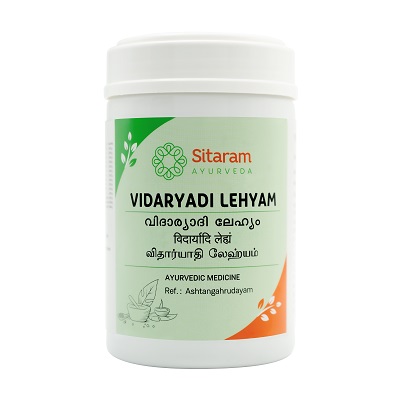
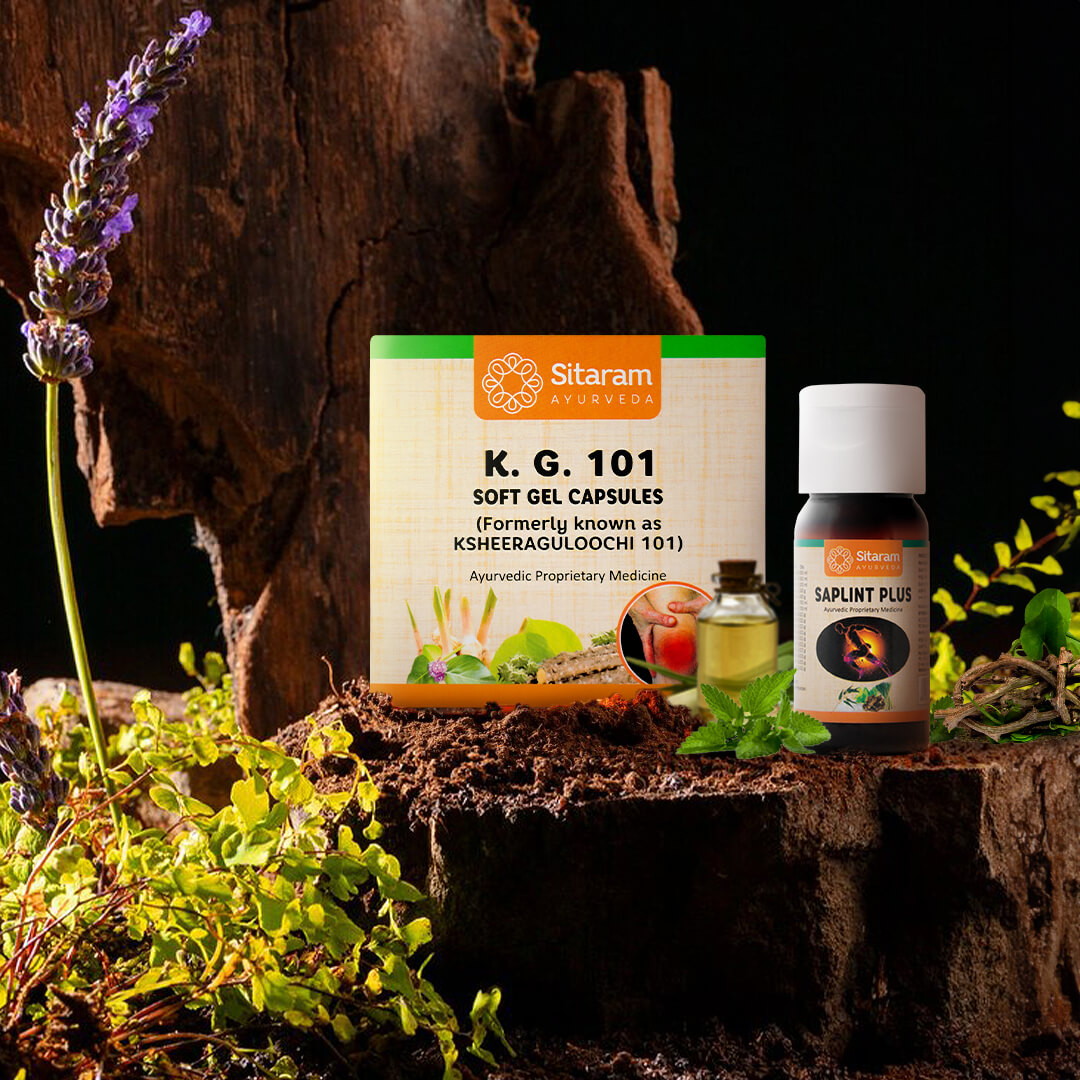
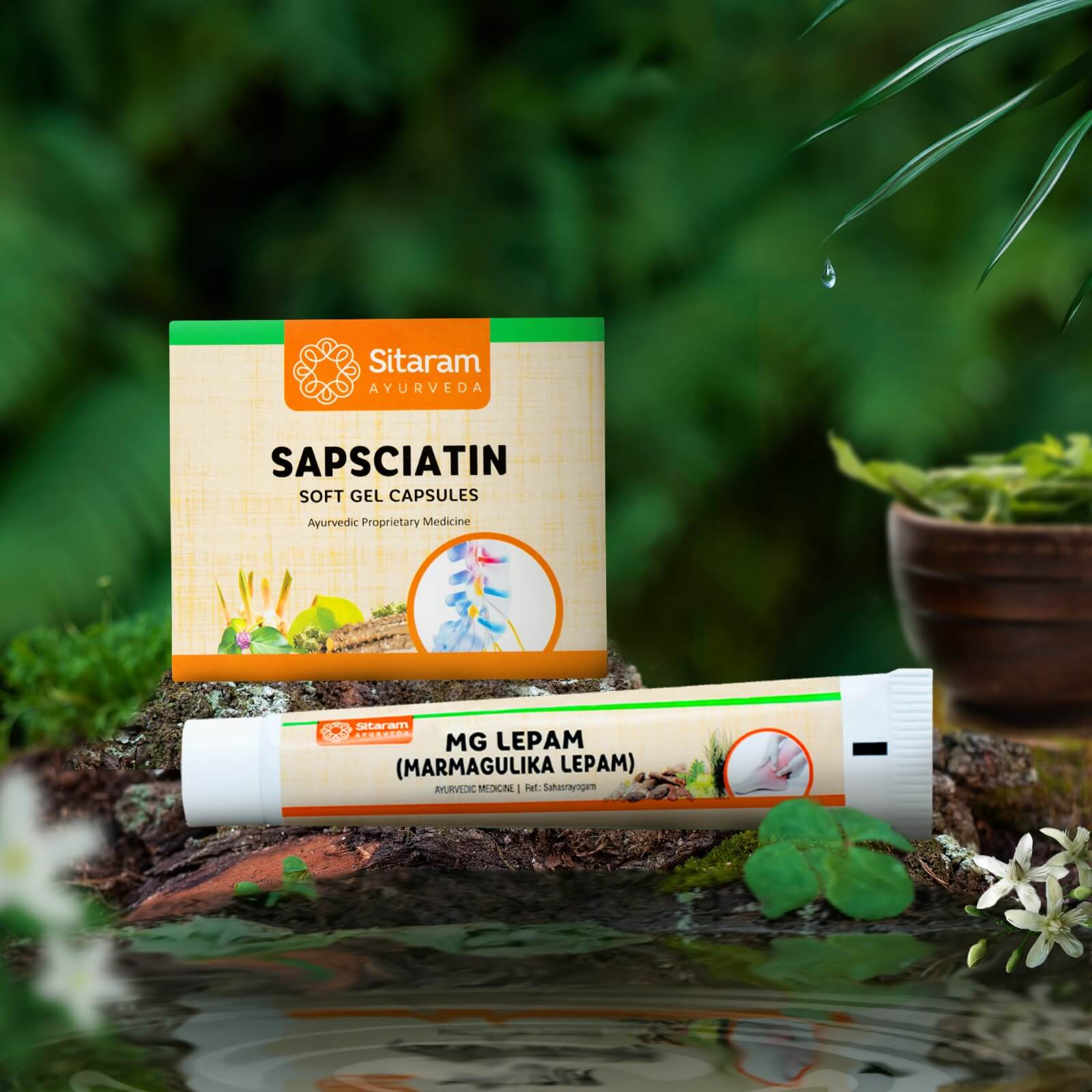
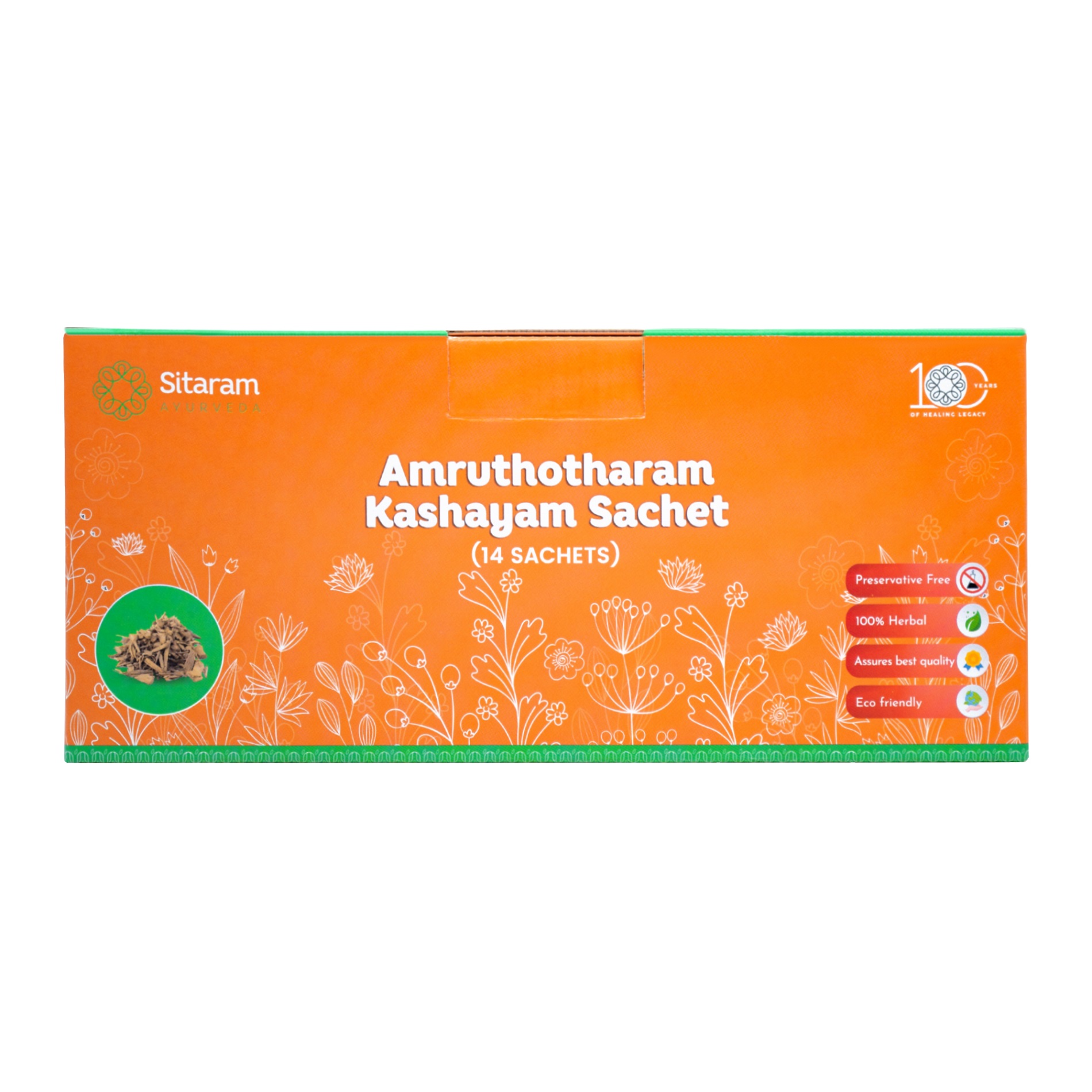
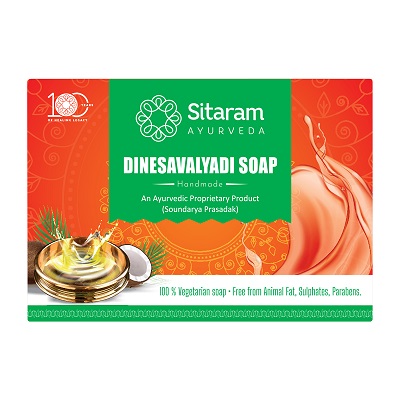
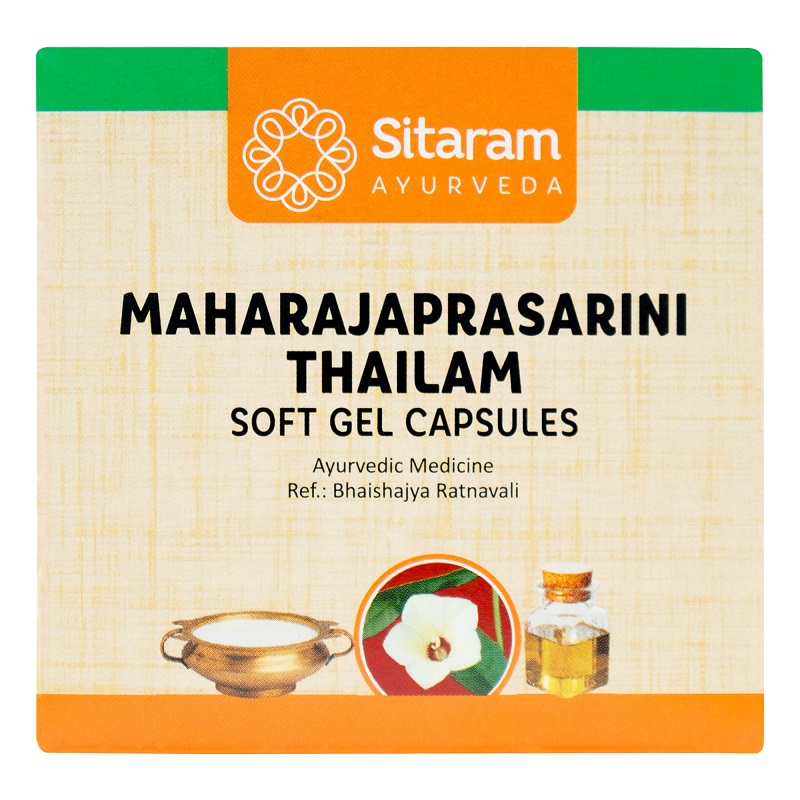
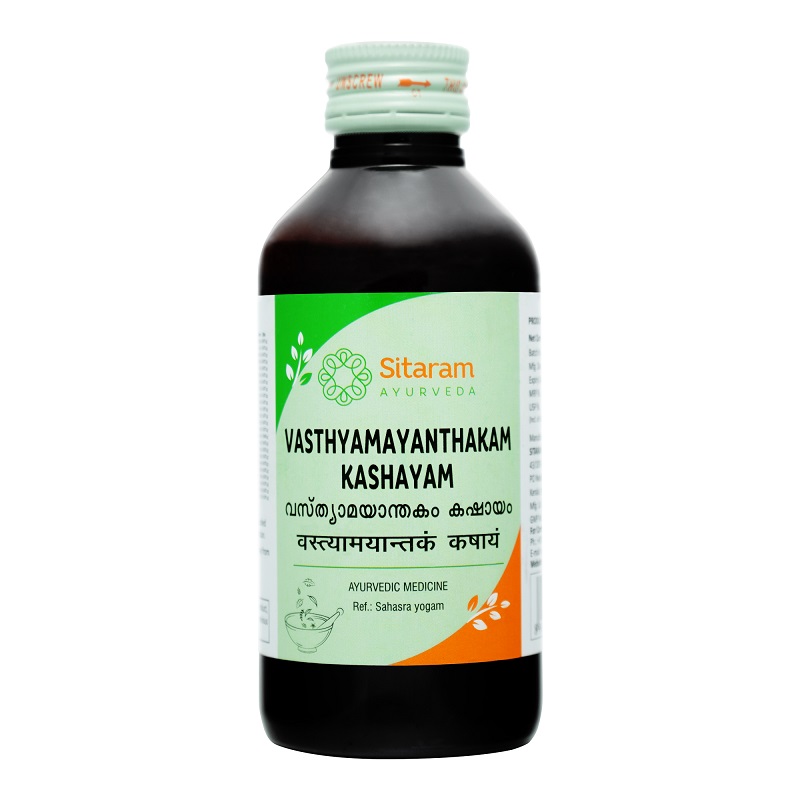
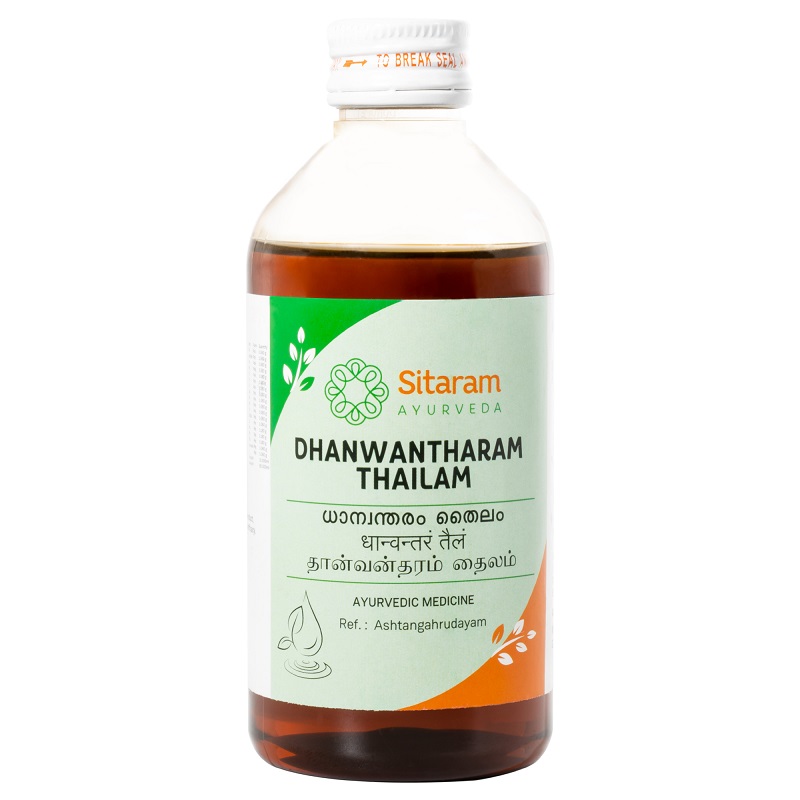
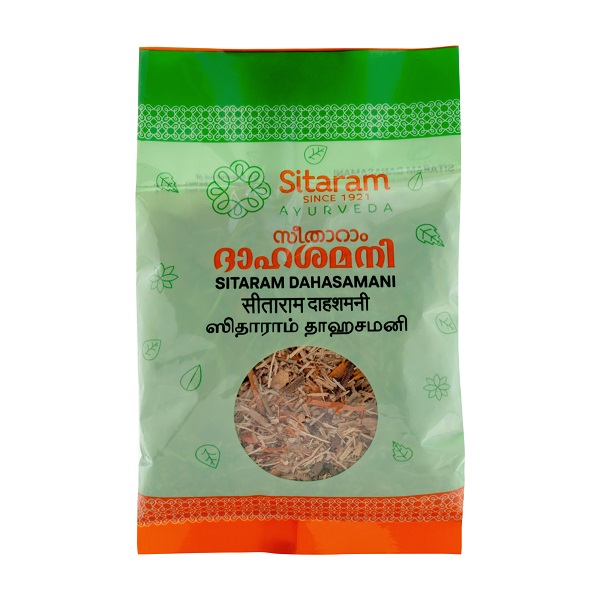
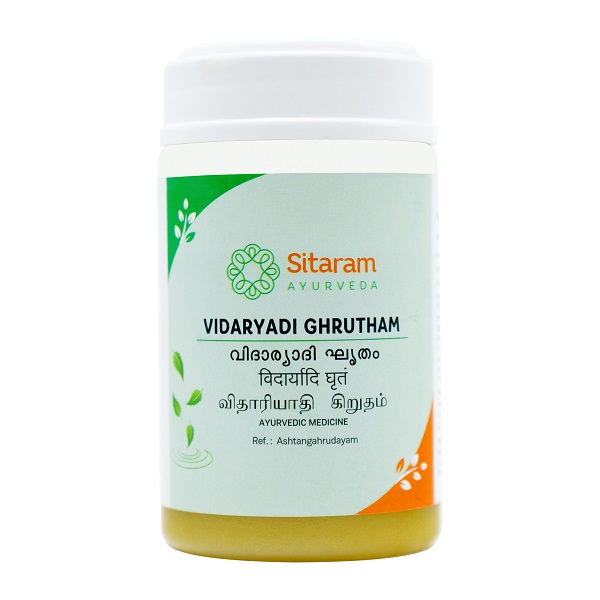
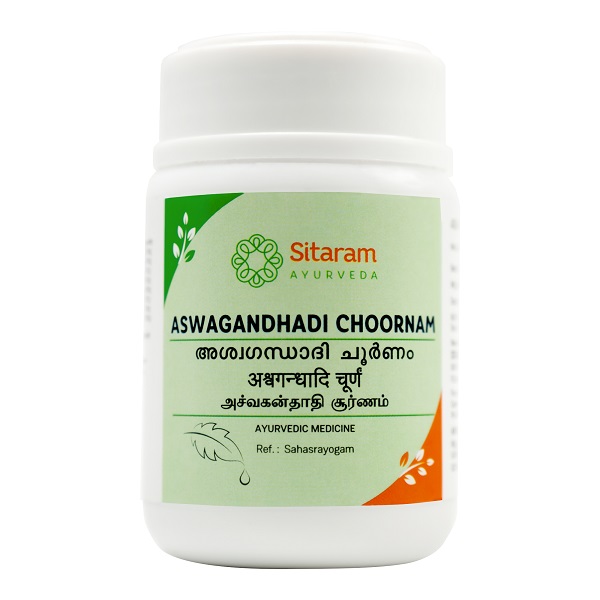
Vipul Tuteja (verified owner) –